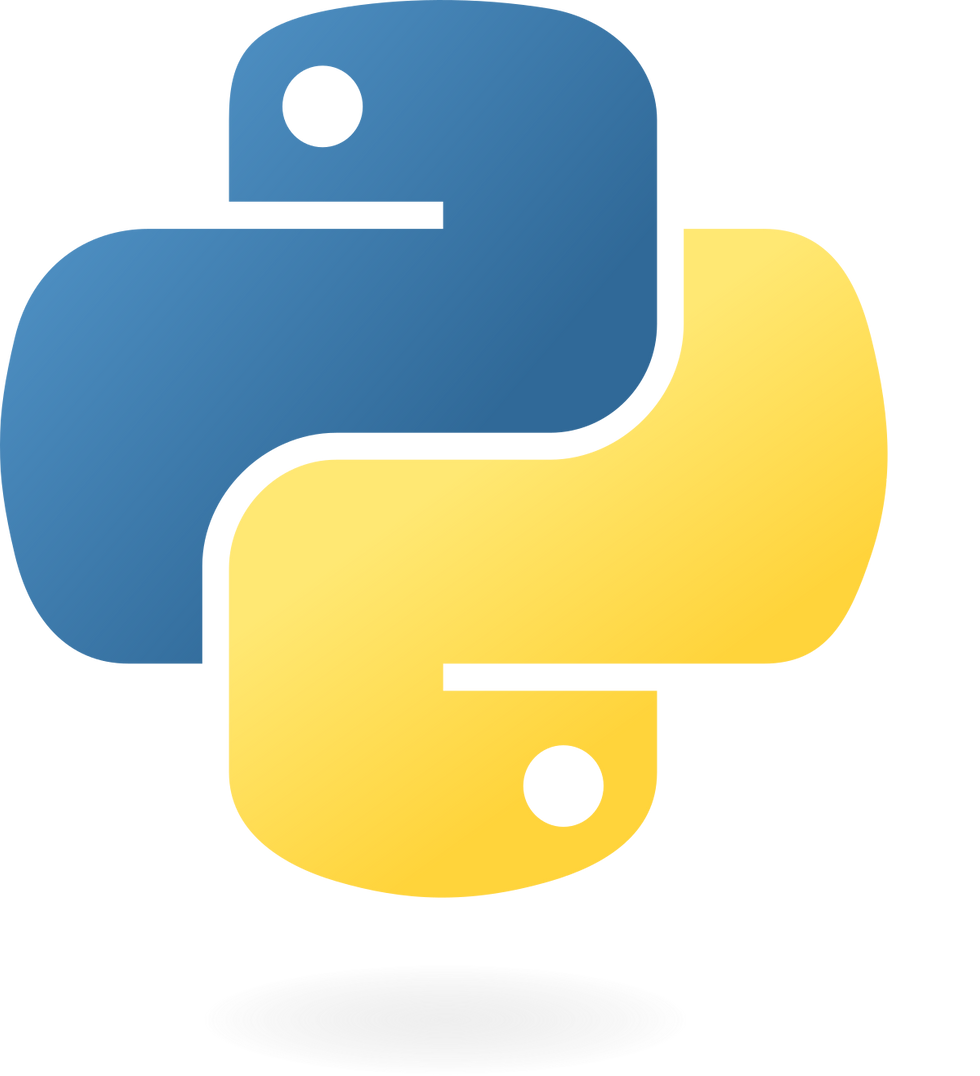How Super Bowl LIII Teaches Us to Embrace Change in the Workplace
- Rick Pollick

- Apr 5, 2024
- 4 min read

Hey folks! Today, let's tackle (pun intended) an incredible moment in NFL history and extract some golden nuggets of wisdom that we can apply in our professional lives. I'm talking about Super Bowl LIII, where the New England Patriots showcased a masterclass in adaptability against the Los Angeles Rams, ultimately leading them to victory. But, this isn't just a story about football; it's a lesson in the power of change and adaptability that applies to all of us, no matter our field.
The Game-Changing Strategy
In Super Bowl LIII, the Patriots did something that caught everyone off guard—they switched their defense from their typical man-on-man to a zone defense. For those less familiar with football jargon, imagine you're used to playing chess with a certain strategy for years, and then, in the most crucial game of your life, you decide to play with a completely different tactic. Risky? Absolutely. Genius? When it works, yes!
This strategic pivot was crucial because the Rams had a high-octane offense known for its ability to dissect man coverage. By switching to a zone defense, the Patriots disrupted the Rams' rhythm, leading to a surprisingly low-scoring game but a win for New England, 13-3.
What Can We Learn From This?
The Power of Preparation and Adaptability: Bill Belichick, the Patriots' head coach, knew that doing the unexpected could give them the upper hand. In our careers, being prepared to adapt to new challenges, even if it means stepping out of our comfort zone, is key to overcoming obstacles and finding success.
Understanding the Competition: Just like the Patriots analyzed the Rams' offense, understanding the market, your competitors, and the changing dynamics of your industry can help you anticipate changes and adapt your strategies accordingly.
Teamwork Makes the Dream Work: The Patriots' defense didn't master zone coverage overnight. It required trust, communication, and teamwork. Similarly, in the workplace, fostering an environment where teamwork and communication are prioritized can lead to innovative solutions and success.
It's Okay to Change the Plan: Perhaps the most important lesson is that it's okay to change the plan when circumstances demand it. The Patriots were known for their man coverage, but they weren't afraid to switch things up for the greater goal. In our careers, being rigid can be a drawback. Embracing change, trying new approaches, and being flexible can lead to breakthroughs we never thought possible.
Applying These Principles
So, how can we apply these lessons from the gridiron to our professional lives? Here are a few tips:
Stay Flexible: Always be ready to pivot your strategies based on new information or changes in the environment.
Know Your "Opponent": Keep a keen eye on industry trends and your competition. What works today may not work tomorrow.
Encourage Team Collaboration: Create a culture where new ideas are welcome, and everyone feels comfortable contributing to the team's success.
Be Prepared to Take Calculated Risks: Sometimes, the biggest payoffs come from the most unexpected decisions.
Connecting the Dots: The Art of War, Super Bowl LIII, and Navigating the Business Battlefield
In a previous post, we dove deep into the timeless strategies outlined in Sun Tzu's "The Art of War" and explored how its principles could be applied to the modern business world. Interestingly, the New England Patriots' approach to winning Super Bowl LIII echoes several of these ancient tactics, offering a practical, real-world example of Sun Tzu's wisdom in action. Let's connect these dots and see how the art of war and football strategy can inform our business practices.
"Know the Enemy and Know Yourself"
One of Sun Tzu's most famous dictums is the importance of understanding both your adversary and yourself. The Patriots' decision to switch from man-on-man to zone defense was not just a change in tactics; it was a profound demonstration of knowing their enemy (the Rams) and playing to their own strengths. In business, this translates to thorough market research, understanding your competition's strategies, and having a clear grasp of your own company's capabilities and resources. Just as the Patriots adapted their play to outmaneuver the Rams, companies must adapt their strategies to navigate the competitive landscape successfully.
The Element of Surprise
Sun Tzu valued the element of surprise, advising generals to be as unpredictable as the water that flows around obstacles in its path. The Patriots' unexpected defensive strategy left the Rams struggling to adapt, showcasing how surprise can be a powerful tool. In business, being innovative and flexible can disrupt the market and catch your competitors off guard, creating significant opportunities for growth and success.
The Strategic Advantage of Adaptability
"The Art of War" teaches that adaptability is key to overcoming obstacles and achieving victory. The Patriots' ability to switch defensive tactics is a testament to their strategic flexibility. This principle holds true in the business world, where companies face constantly changing market conditions, consumer preferences, and technological advancements. Organizations that remain flexible and ready to pivot their strategies when needed are more likely to thrive.
Teamwork and Leadership
Finally, Sun Tzu emphasized the importance of leadership and the harmony of forces. The Patriots' successful implementation of a new defensive strategy mid-game required trust, communication, and leadership—qualities that are equally vital in business. A company with a strong, communicative leadership team and a unified workforce can navigate challenges more effectively, innovate, and achieve its goals.
Applying Ancient Wisdom to Modern Challenges
So, how do we apply these lessons from "The Art of War" and Super Bowl LIII to our daily professional endeavors? Here are a few takeaways:
Embrace Flexibility and Innovation: Just as the Patriots adapted their strategy to win, businesses must remain agile, embracing innovation and being willing to change course when necessary.
Understand Your Market: Deeply understanding your competitors and industry trends can provide the insight needed to make strategic decisions, much like knowing the enemy's tactics.
Leverage the Element of Surprise: Use innovative approaches to disrupt the market or solve problems, keeping your competition on their toes.
Foster Strong Leadership and Teamwork: Cultivate a culture of trust, open communication, and collaboration, ensuring your team is prepared to execute strategic pivots effectively.
In conclusion, the Patriots' victory in Super Bowl LIII is a testament to the power of adaptability and the courage to embrace change, even under pressure. In our professional lives, let's take a page out of their playbook. By being flexible, encouraging teamwork, understanding our industry, and being prepared to pivot when necessary, we can tackle any challenges that come our way. Here's to playing our best game, no matter the field we're on!









